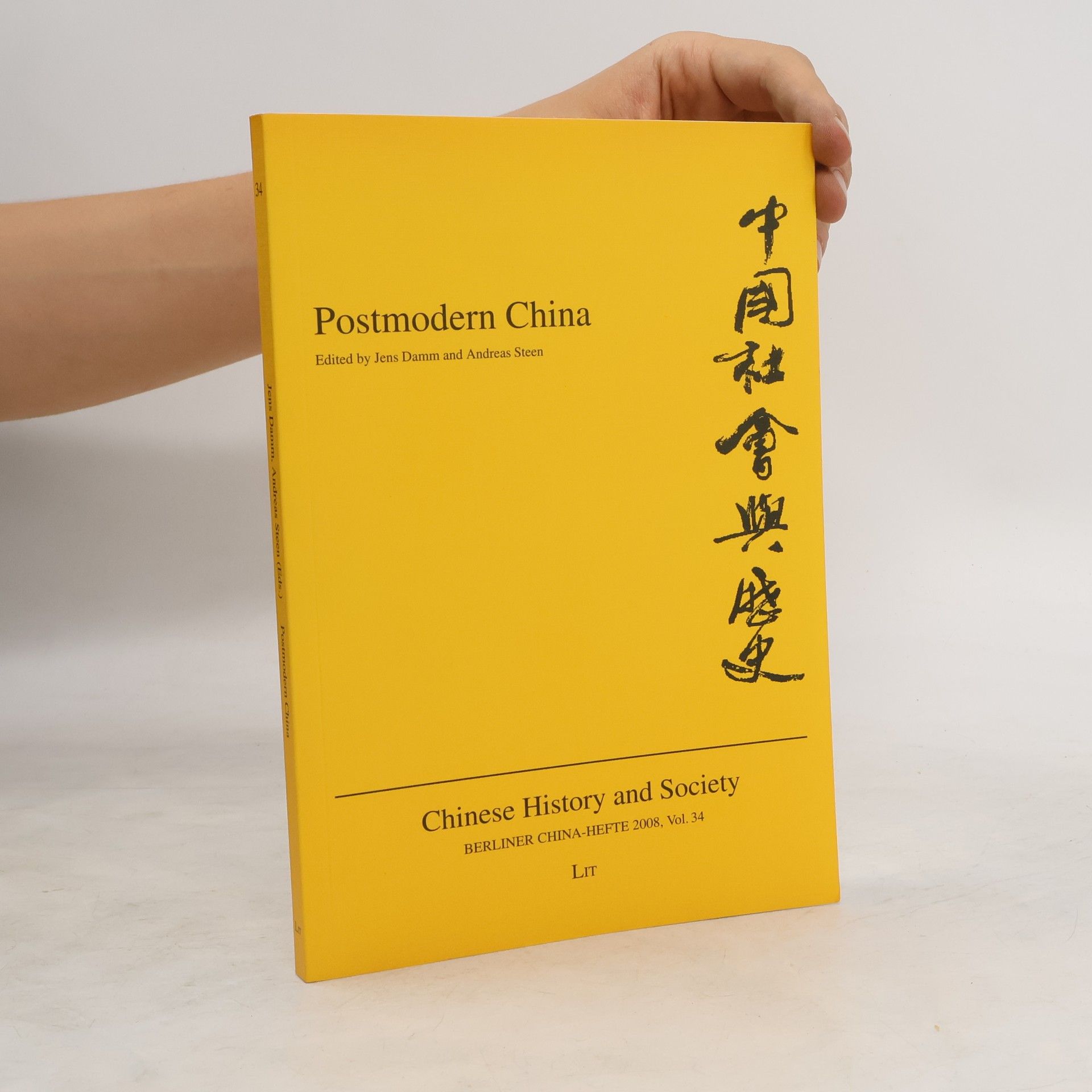The articles in this volume look at various cultural activities in „Postmodern China“, providing new and rarely discussed insights into different spaces of „postmodernism in action“. The volume highlights postmodernity as a condition of China's reality and everyday life after her entry into the global capitalist system. Three fields of research are addressed: first, the broad area of popular music, including performance, advertising and performance venues. Second, postmodernity and literature, ranging from novels to poetry, from „traditional“ novels to anonymous internet postings, and, third, postmodern aspects related to film and the internet, focusing on transnational issues between Taiwan, Hong Kong and the PRC.
Jens Damm Livres
